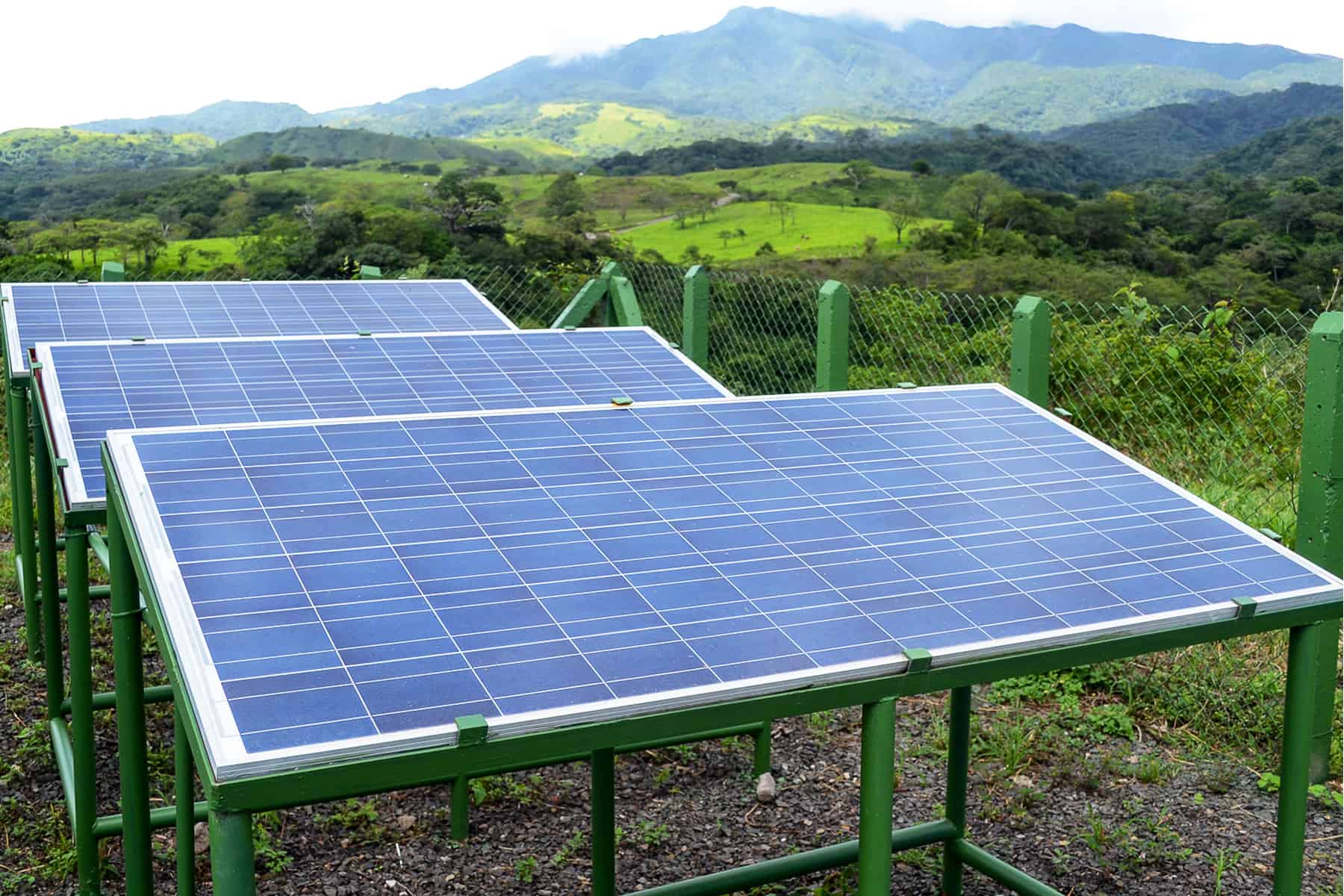Despite the challenges Costa Rica has been facing regarding energy production, the government has resisted lowering tariffs on alternative energy sources, such as solar panels. On August 23rd, the Board of Directors of the Public Services Regulatory Authority (ARESEP) received a new tariff methodology proposal to charge those who produce their own electricity through solar panels.
ARESEP confirmed that a high tax remains in place for those wishing to enter this market. The private sector calls it the “sun tax,” which refers to charging those who install these panels because they remain connected to the national grid. Technically, it is called an “access tariff.”
The new methodology changes the way the tariff is calculated; it will no longer be based on total consumption but on the amount of electricity produced by the panels.
ARESEP argues that it is complying with Law 10.086, which has been in force since December 2021 and was intended to promote the deployment of this technology in Costa Rica. They further argue that eliminating the access tariff would effectively subsidize those installing solar panels, as they would still have the ability to draw from the national grid without paying for that access.
With the entry into force of the new law in 2021, ARESEP claims to have complied with the mandate to create a methodology that avoids subsidizing these customers.
Prior to Law 10.086, the access tariff was calculated based on any surplus. With the approval of this law, the tariff was calculated based on so-called “natural consumption,” i.e., what was produced and what was consumed from the conventional grid; however, this was suspended. The new proposal involves calculating the access tariff based on what is produced by the panels.
The connection charge can range from ¢16 to ¢30 per kilowatt hour (kWh), depending on each distributor. The installation of solar panels is usually the most common way to produce clean energy on this scale. However, few new contracts have been signed in Costa Rica since 2021, when the new law came into effect.
Earlier this year, members of the energy sector indicated that this approach was not the way forward and that the country was regressing in this area. “What we are doing is discouraging growth among those with solar panels, and we are moving backwards,” commented Laura Gutiérrez, a representative of the sector.
Earlier this year, the Costa Rican Electricity Institute (ICE) announced power outages due to extremely dry weather and a lack of proper planning by the institution. They also noted that the country is demanding more energy, and it’s complex to meet this demand.
Citizens have criticized ARESEP’s stance, believing its methodologies discourage those who want to install solar panels.
Solar energy is an ideal alternative for Costa Rica, a country blessed with year-round sunshine and a reputation for green energy. However, authorities must act swiftly to balance the needs of the people with the urgent demands of the planet, encouraging rather than discouraging the adoption of clean energy.






